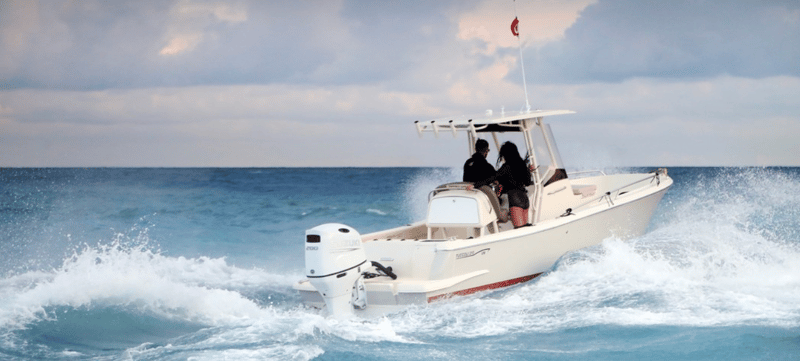
The art of weather forecasting is a complex and challenging task that involves three critical steps: observation, analysis and communication. Forecasters use atmospheric models to interpret the state of the atmosphere and rely on data from weather stations to provide accurate predictions.
The beauty of weather forecasting lies in the fact that it's a dynamic system that's constantly changing. While short-range forecasts are generally more accurate, there is something magical about the challenge of interpreting long-range data. Despite the complexity involved, dedicated forecasters work hard to provide us with the most accurate predictions possible to help us plan our days and stay safe in the face of unpredictable weather.
To ensure a safe and enjoyable boating experience, it is imperative to regularly keep track of weather reports before setting off. The weather can be unpredictable and can change rapidly, so it is essential to stay informed and aware of any changes that may occur overnight. By taking this precautionary measure, you can avoid being caught in hazardous weather conditions and make the most of your boating adventure.
Here are a couple of aspects of the weather you would need to consider:
Barometer
By monitoring the Barometer reading, you can confidently anticipate the nature of any approaching weather system with advance warning.
Wind Conditions
When measuring wind speed, knots based on nautical miles, serve as the standard units. If the wind speed is equal to or less than five knots, it is barely noticeable, and the sea will be calm, making it an ideal condition for boating. Even if the wind speed reaches ten knots, the surface of the water may become choppy, but it is generally considered good for inshore boating. However, as the speed increases, it may become more uncomfortable on the water.
You will look at wind speed, gusts and direction of the wind.
Tides and waves
Ocean tides are powerful waves that originate and move towards coastlines, causing the regular rise and fall of the sea twice a day. This phenomenon varies by location and can significantly impact boating, particularly when launching through the surf. It's crucial to be aware of the tide's strength and timing to ensure the safety of your boat and yourself.
You will look at wave period, direction and height.
General Conditions
Assess temperature, cloud cover, and precipitation to ensure a comfortable boating experience.
Here are 3 popular weather sources that are generally used for boating in South Africa:
WindGuru: https://www.windguru.cz/
WindFinder:https://www.windfinder.com/#3/49.2104/9.4043
Buoy Weather: https://www.buoyweather.com/#5/-34.5/27/SWELL
Remember that it is a weather forecast and it can be wrong so there is no substitute for doing your own due diligence.
Happy and safe boating!
